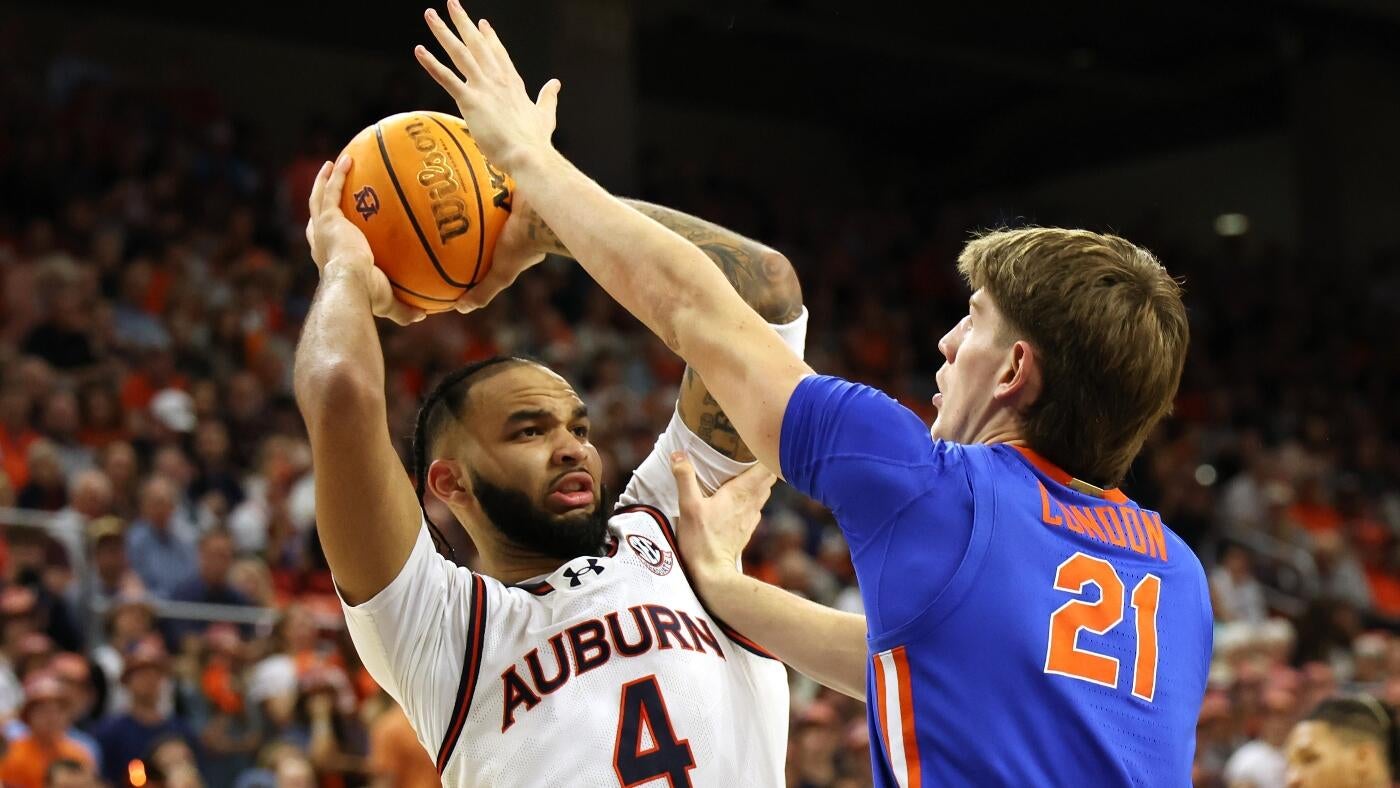SAN ANTONIO — The contracts are ready to be signed.
Some, perhaps, are even in print. Terms are there. Financials are agreed upon.
“The contracts are printed off,” says Blake Lawrence, CEO of the name, image and likeness platform Opendorse, used by dozens of schools. “After a team’s final game, at the final buzzer, as fast as possible, they’ll get a signature.”
The eight teams, both men and women, competing at this weekend’s Final Four are in a race not just for a championship but to solidify next season’s roster. They are scrambling to sign current players and transfers to compensation agreements before those agreements become subject to a more rigid new enforcement entity that will prohibit booster collective pay.
School general managers, administrators and coaches are working to strike deals in what many describe as a “mad cash dash” to a deadline date of Monday.
That includes those still alive in the NCAA tournament.
“Everybody is playing, ‘Beat the clock,’” Auburn coach Bruce Pearl told Yahoo Sports. “It’s obviously really challenging. It presents even more challenges for us because of what our focus is.”
At the women’s Final Four in Tampa, Texas, UCLA, South Carolina and UConn start play Friday, with the title game scheduled for Sunday. Auburn, Duke, Florida and Houston all begin play Saturday in the men’s Final Four here in San Antonio, with the title game Monday night.
Monday also looms as a pivotal day to the future of college athletics.
A hearing is scheduled in a California courtroom, where a judge could, though unlikely on that day, approve the NCAA’s landmark settlement of three antitrust lawsuits. The settlement of cases House, Hubbard and Carter — legal challenges over athlete compensation — would usher in a cap-based revenue-share concept and the new enforcement arm to police booster-backed compensation contracts.
It’s pretty simple for schools: Before the judge grants approval of the settlement, sign players to contracts so that those deals, if paid out by July 1, are not subject to the new enforcement. Deals signed after she approves the settlement are subject to both the new revenue-share cap and enforcement clearinghouse, an entity operated by Deloitte expected to prohibit fabricated donor-backed contracts.






